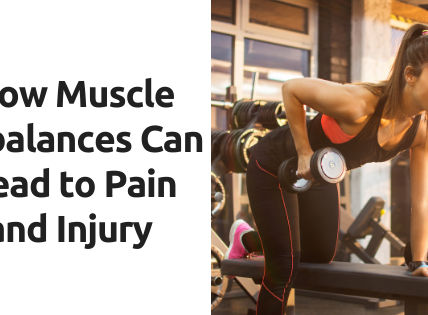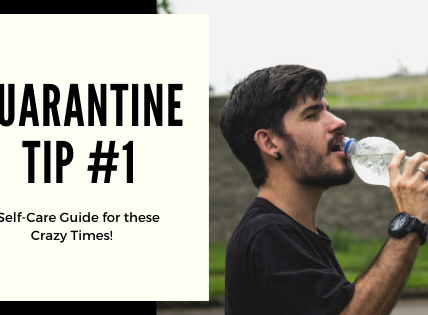As an Amazon Associate, I earn from qualifying purchases.

Summer is almost here and for many of us, that means we’re going to be doing a lot more physical activities. Walking, hiking, water sports, garden chores, and generally just getting outside to do more. All that physical activity can often mean that we feel a new array of aches and pains; one of those being muscle cramps. A muscle cramp is a painful involuntary muscle contraction. There are many causes, but the most common include electrolyte imbalance, overexertion, and dehydration.
Electrolyte imbalance
Simply speaking, electrolytes are substances that conduct electricity in the body. The proper amount is crucial to most body functions, essentially allowing cells to do what they need to do at any given time. Potassium, calcium, and sodium are three of the most important when it comes to muscle contraction. The proper proportions of these is what allows the muscle fibers to be stimulated and react as needed. Too little and your muscles will feel sluggish and too much leads to cramps and spasms.
Overexertion
Working up a sweat and pushing yourself through a workout or any physical activity can be good, to an extent. Whether you regularly overexert yourself or it’s a sudden increase in activity, it’s important to replenish those electrolytes as we talked about above, but also monitor just how ready your body is for any activity. Even if exercise is a regular part of your routine, a sudden change in the type of exercise can cause certain muscle to be overexerted, causing pain and cramping, and an increased chance of injury. Be sure to warm up, slowly progress into any exercise, cool down after, and stretch well.
Dehydration
This one, is tough to pinpoint. There are different ideas about how dehydration can play a part in muscle cramping. Some believe it’s because your body loses its ability to control its temperature when you lose too much fluid, which results in muscle cramps being a sign of a heat related illness. Some say it’s due to the decreased amount of blood available when you’re dehydrated. This is theorized to cause your body to focus blood flow to the most vital organs, leaving the muscles to perform with less and less. This can result in leg cramps due to the lack of blood flow in those areas. There is also a group that says there is no connection at all between muscle cramps and dehydration. While the research varies, what’s the harm in making sure your body is properly hydrated when dealing with muscle cramps? The additional side effects of dehydration are far worse.
If you struggle often with muscle cramp, try replenishing your electrolytes, making sure you’re getting enough potassium & calcium, give your muscles plenty of time to rest when working out or working hard, and stay hydrated. The more you move, the more you feel. Why not try your hardest to feel great?





2 COMMENTS
Comments are closed.